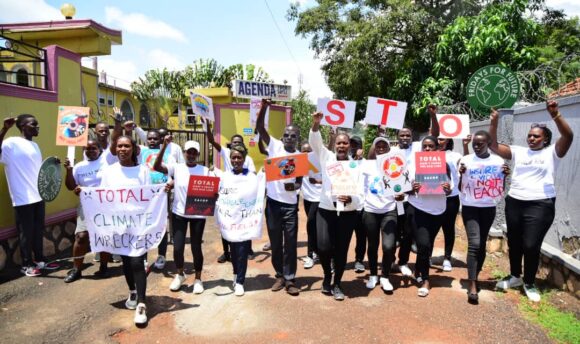Scientists at the World Meteorological Organization (WMO) confirmed that the first three weeks of July 2023 were the hottest ever recorded. UN Secretary-General António Guterres referred to this as, “The era of global boiling”.
In 2021, the world’s average temperature had already risen by 1.09°C from the pre-industrial baseline (as documented by the work of the UN’s climate science panel, the IPCC). We are currently experiencing the climate impacts of this temperature increase, impacts that will worsen as we continue to burn fossil fuels and release greenhouse gases.
The world with a 2°C average temperature increase is projected to have a 5.6 times increase in extreme heat events and a 1.7 times increase in heavy rainfall events which is likely to occur once in a decade in a climate without emissions. Additionally, at 2°C it is expected that more than 99% of corals would be lost, and that ice in the Arctic would disappear across the coming decades. Despite warnings from scientists, the world average temperature is projected to rise far above 2°C, with possible increases between 3.3 to 5.7°C by the end of this century within the lifetime of children being born today.
The meeting of world leaders at the 2015 COP21 produced the Paris Agreement in which it was agreed that world average temperatures should not exceed 2°C and they would, “Pursue efforts to limit it to 1.5°C”. However, scientists warn the current 2023 goals proposed by many countries are insufficient to achieve the 1.5°C target. Indeed, it is possible to limit planetary warming to 1.5°C, but achieving this requires unprecedented transformations.
※The latest IPCC report (AR6) affirms there is “no doubt” that warming is caused by human activities, stronger language than was used in the previous AR5 report (95% certainty).




